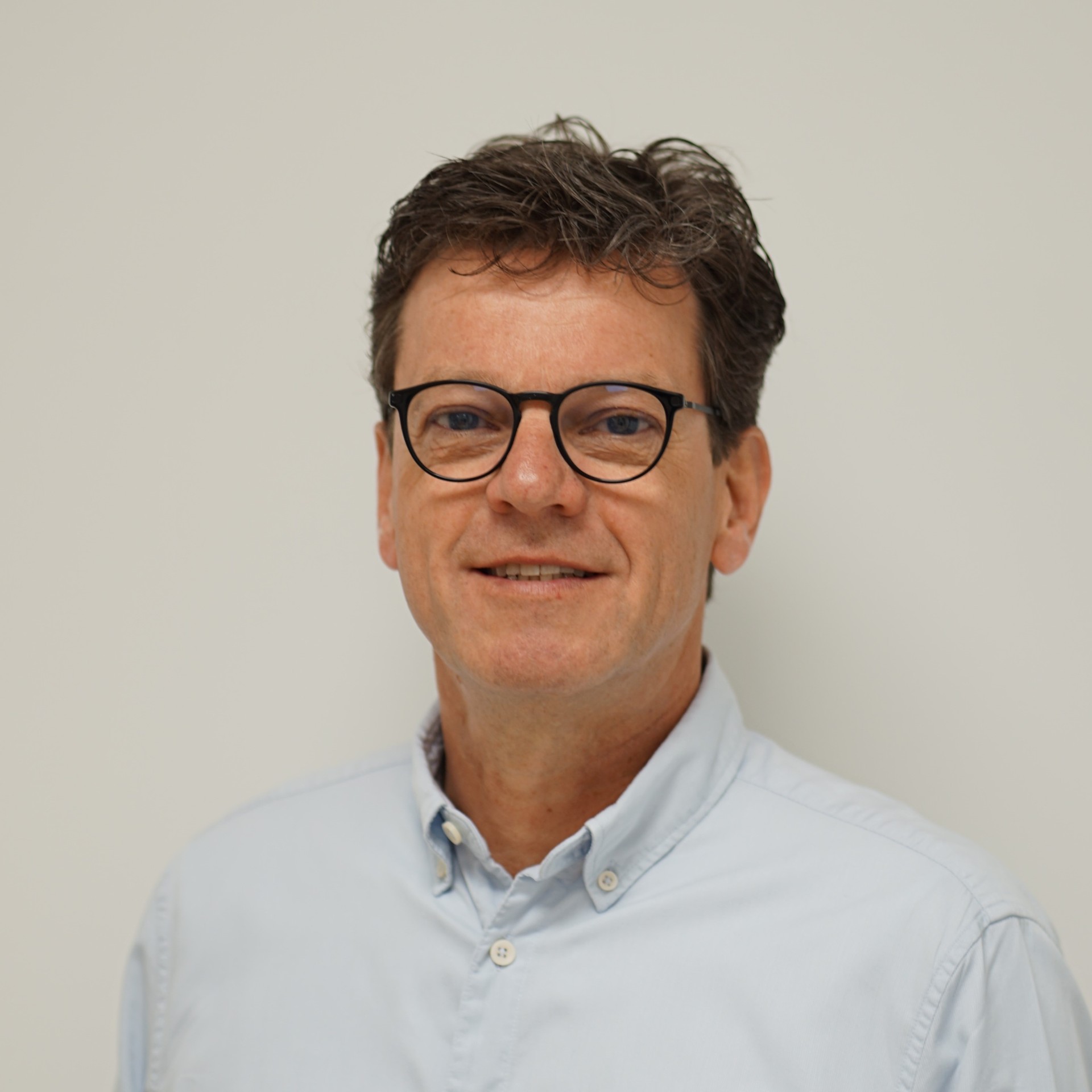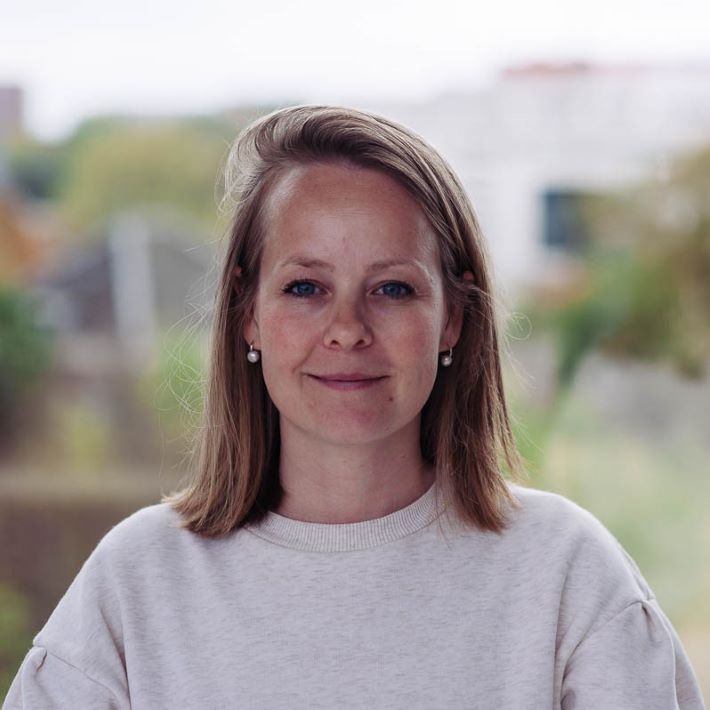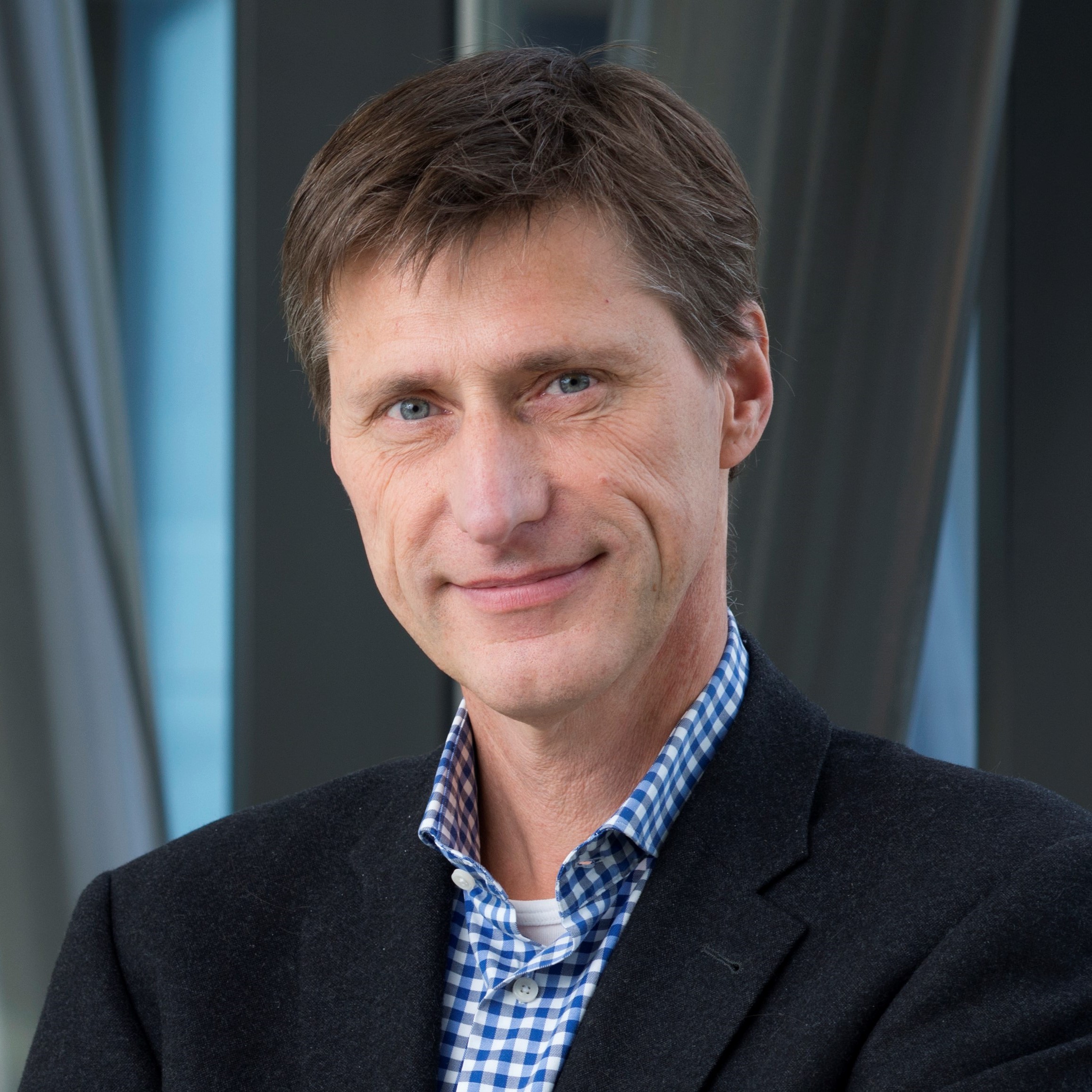Immunity
Vision & Mission
Our research community aims to understand how the immune system works in health and disease through fundamental research. At the same time, clinical observations can inspire fundamental research that resolves disease mechanisms. Collaborations between researchers and clinicians may therefore lead to better diagnostics and novel therapies for disease prevention and cure. Areas and means of application are for example vaccination against infection and cancer, cell therapy for immunodeficiency and cancer, and antibody treatments in auto-immunity. The Immunity research theme aims to be a stimulating and facilitating research community that delivers new insights in the workings of the immune system and applies this knowledge to resolve unmet clinical needs.
…Our research community aims to understand how the immune system works in health and disease through fundamental research. At the same time, clinical observations can inspire fundamental research that resolves disease mechanisms. Collaborations between researchers and clinicians may therefore lead to better diagnostics and novel therapies for disease prevention and cure. Areas and means of application are for example vaccination against infection and cancer, cell therapy for immunodeficiency and cancer, and antibody treatments in auto-immunity. The Immunity research theme aims to be a stimulating and facilitating research community that delivers new insights in the workings of the immune system and applies this knowledge to resolve unmet clinical needs.
We aim to achieve this ambition by:
- Promoting strategic clinical-preclinical connections.
- Enhancing and facilitating communication and exchange of knowledge, resources and technology within and beyond the theme group
- Increasing research quality, synergy and focus
- Identifying opportunities for quality and output increase at technical and organizational level
- Stimulating talent development and strategic recruitments
- Increasing professional and societal outreach
To get in touch with researchers connected to our theme please see the drop down menu.
For more: Immunity@lumc.nl
A circle of life
Tissue micro array core of placenta tissue showing fetal villi surrounded by maternal blood. Oxygen and nutrients for the baby are transmitted from the maternal blood to the placenta via the syncytiotrophoblasts which stain intensely for VISTA (shown in red). Nutrients are then transported further via the fetal blood vessels (CD31, green). Nuclei (DAPI) are shown in blue. Credits: Theme Immunity member Sietse Luk, department of Hematology, LUMC
About us
 Prof. Arjan Lankester (WAKZ), chair
Prof. Arjan Lankester (WAKZ), chair
Arjan Lankester, MD, PhD, pediatrician-immunologist, professor in Pediatrics and Stem Cell Transplantation, Head of the division of Immunology, Infectious Diseases, Hematology and Stem Cell Transplantation of the Willem-Alexander Children’s Hospital. Head of the NFU-expert center on Inherited Immune Disorders and Stem Cell Transplantation (SCT), and LUMC pediatric lead in ERN-RITA. The translational research program of his clinical team and the Laboratory of Pediatric Immunology is focused on optimizing clinical and immunological outcomes after SCT in patients with immunological and hematological diseases by innovative immuno-pharmacological approaches, and clinical translation of stem cell gene therapy for inherited immune disorders.
Click here for profile Arjan Lankester.
 Dr. Maartje Huijbers (HG), member
Dr. Maartje Huijbers (HG), member
Maartje Huijbers, PhD, neuroimmunologist, associate professor at the department of Human Genetics. Maartje, together with her team, has a special interest in autoimmune disorders of the neuromuscular synapse. This includes myasthenia gravis and Lambert-Eaton myasthenic syndrome. She has past research experience ranging from identifying new autoantigens for central nervous system autoimmune diseases, to developing new in vitro and in vivo models to study these disorders and their pathomechanisms. Her translational research, in close collaboration with clinicians, now focusses on understanding the role of (IgG4) autoantibodies and B cells in these diseases and testing new therapeutics in the aforementioned preclinical models.
Click here for profile Maartje Huijbers.
 Prof.dr. René Toes, member
Prof.dr. René Toes, member
Committees
In order to achieve the ambition of the immunity research theme, six committees have been appointed (Table 1). These committees are formed by a representative mixture of enthusiastic scientists and physicians-scientists from a variety of departments within the LUMC. Each committee includes at least one young faculty representative. Together the committees are involved in continuing and expanding activities around the Immunity research theme.
| Theme Immunity Committee | Members |
| Investment strategies |
Martin Giera (CPM) |
| Education |
Cees van Kooten (NIER) |
| Seminars |
Simone Joosten (INZI) |
| Liaison committee |
Mirjam Heemskerk (HEM) |
| Awards committee |
Jannie Borst (IMMU) |
| Newsletter committee |
Jolien Suurmond (REUM) |
Connected researchers & Facilities
Connected researchers
The Immunity research theme represents 110 unique research groups at the LUMC. These research groups are located at 25 different departments across the LUMC. You can find here an overview of the PI’s representing these research groups, their research interests, expertise and relevant websites. For contact with any of our theme members we welcome you to contact them directly, or send an e-mail Immunity@lumc.nl for an introduction.
…Connected researchers
The Immunity research theme represents 110 unique research groups at the LUMC. These research groups are located at 25 different departments across the LUMC. You can find here an overview of the PI’s representing these research groups, their research interests, expertise and relevant websites. For contact with any of our theme members we welcome you to contact them directly, or send an e-mail Immunity@lumc.nl for an introduction.
Facilities
The theme Immunity members make use of a the broad variety of technical facilities at the LUMC. Please find more information on these facilities here.
Flow cytometry and mass cytometry play an important role in immunological research. Therefore, an important alliance is formed with the LUMC flow cytometry core facility.
Opportunities
The theme Immunity is always looking for fellow Immunity enthusiasts! Positions for technicians, PhD students and post docs are advertised through the LUMC website.
Collaborations
The Immunity research theme closely collaborates with the other research themes within the LUMC (Inter)national collaborations:
&w=710&h=710)